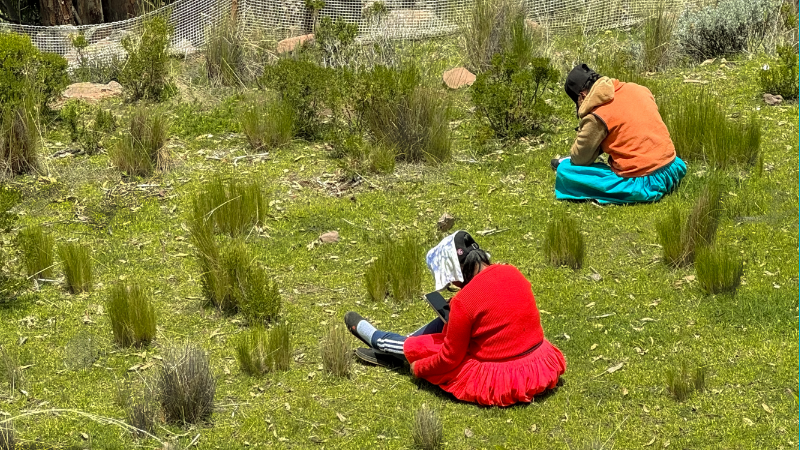Making sense of our connected world

United Nations focus on cybercrime – A report from the UNODC congress in Doha
Our doctoral reseacher Adrian Haase was a participating expert at the 13th United Nations Congress on Crime Prevention and Criminal Justice in Doha, Katar a few weeks ago. His report focusses on new ideas and forms of international cooperation for combating cybercrime.
Seit 60 Jahren bemühen sich die Vereinten Nationen um eine effektive Bekämpfung von transnationalen Kriminalitätserscheinungen und versuchen gleichzeitig grund- und menschenrechtliche Standards bei der Bekämpfung und Verfolgung von Straftaten international zu etablieren. Der 13. Strafrechtskongresses des United Nations Office on Drugs and Crime Prevention (UNODC) hat im April 2015 Vertreter von internationalen Organisationen, UN-Mitgliedstaaten sowie Experten aus Wissenschaft und Praxis in Doha (Katar) zusammengebracht.
Der Doha-Kongress setzte die Bekämpfung von Cyberkriminalität auf internationaler Ebene nach dem Bangkok-Kongress (2005) und dem Salvador-Kongress (2010) bereits zum dritten Mal in Folge auf die Agenda. Obwohl die internationale Gemeinschaft den Versuch eine globale Konvention gegen Cyberkriminalität zu verabschieden aufgegeben zu haben scheint, sind transnationale Ansätze auf vielfältigen Ebenen zu erkennen und zeigen erste Erfolge.
Besonders interessant zu sehen war auf dem Kongress, dass die Vertreter der Schwellenländer mit großem Selbstbewusstsein auftraten und einen Führungsanspruch der westlichen Welt nicht ohne Weiteres anerkannten. Bezüglich Fragen der internationalen Organisation und Zusammenarbeit bei der Kriminalitätsbekämpfung war das Interesse an einer Kooperation zwar sehr ausgeprägt. Die Entscheidungen darüber, welche Verhaltensweisen zukünftig zu kriminalisieren bzw. entkriminalisieren sein sollten, bedürfen aber noch ausgiebigen Verhandlungen zischen den verschiedenen Kontinenten und Rechtskreisen.
Ein ausführlicher Kongressbericht von Adrian Haase ist soeben in der Zeitschrift für Internationale Strafrechtsdogmatik erschienen.
Den kompletten Text finden Sie hier zum Download: Haase, ZIS 7-8/2015, S. 422
Foto: User:Colin / Wikimedia Commons, CC-BY-SA 4.0
This post is part of a weekly series of articles by doctoral canditates of the Alexander von Humboldt Institute for Internet and Society. It does not necessarily represent the view of the Institute itself. For more information about the topics of these articles and asssociated research projects, please contact info@hiig.de.
This post represents the view of the author and does not necessarily represent the view of the institute itself. For more information about the topics of these articles and associated research projects, please contact info@hiig.de.
Data governance
Sign up for HIIG's Monthly Digest
and receive our latest blog articles.
Making Sense of the Future: New brainteasers for digital futures in the classroom
Explore “Making Sense of the Future”, an open educational resource combining futures studies and creative exploration to reimagine our digital futures.
Honey, we need to talk about the future
Can futures studies challenge the status quo beyond academia and approach public dialogue as an imaginative space for collective endeavours?
Exploring digitalisation: Indigenous perspectives from Puno, Peru
What are the indigenous perspectives of digitalisation? Quechuas in Peru show openness, challenges, and requirements to grow their digital economies.




